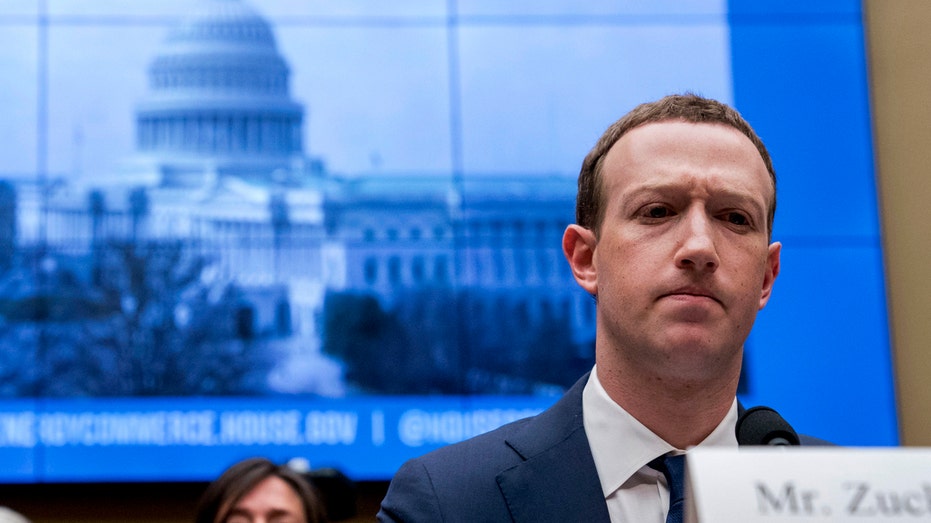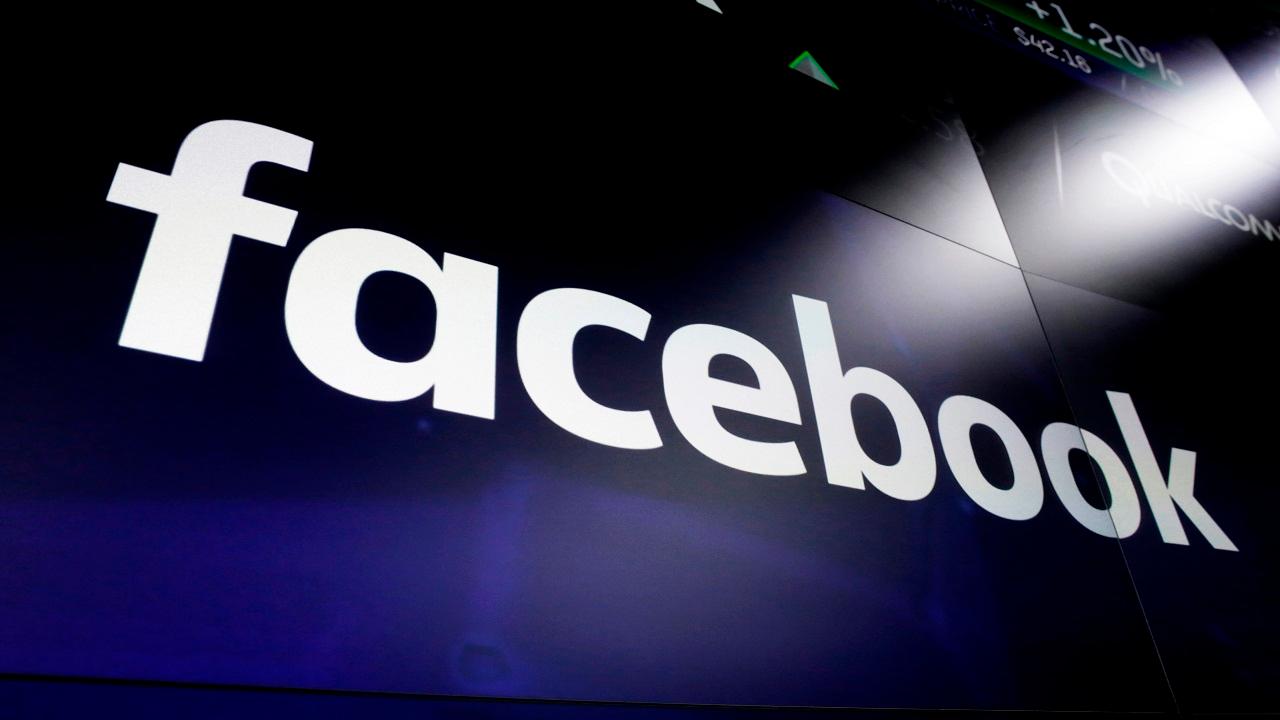Facebook will oppose government request for 'back door' to read encrypted messages
In a letter to Facebook CEO Mark Zuckerberg, government officials led by U.S. Attorney General William Barr are asking the social media giant to create a solution where law enforcement can read any encrypted messages sent by any users.
The letter from Barr as well as U.S. Homeland Security Secretary Kevin McAleenan, U.K. Home Secretary Priti Patel and Australia Home Affairs Minister Peter Dutton stated: "companies should not deliberately design their systems to preclude any form of access to content, even for preventing or investigating the most serious crimes.”
The letter was obtained by the Associated Press.
Facebook has been promising for months that it will add encryption to its messaging services as it looks to beef up users’ privacy protections.
In a statement to FOX Business, a Facebook spokesperson said the company strongly opposes government attempts to build “back doors” because they undermine peoples’ privacy and security.
“We respect and support the role law enforcement has in keeping people safe,” the spokesperson said. “Ahead of our plans to bring more security and privacy to our messaging apps, we are consulting closely with child safety experts, governments and technology companies and devoting new teams and sophisticated technology so we can all use the information available to us to help keep people safe.”
Zuckerberg addressed the issue during a company Q&A session Thursday, which he livestreamed on Facebook. The CEO defended the company's decision to add encryption, even as officials expressed concerns about potential criminal activity that could be hidden.
"This is one of the core tensions we face," Zuckerberg said. "There are these different equities we try to balance. Clearly, privacy has just been a huge theme for the company. It's an area where we're actively working super hard."
WhatsApp, which is owned by Facebook, already features end-to-end encryption. In March, Zuckerberg included end-to-end encryption in a list of additions he wanted to add to the company’s other platforms like Messenger. Even Facebook would be prevented from seeing what users share with each other.
“As I think about the future of the internet, I believe a privacy-focused communications platform will become even more important than today’s open platforms,” he wrote in a post at the time. “Privacy gives people the freedom to be themselves and connect more naturally, which is why we build social networks.”

FILE - In this April 11, 2018, file photo, Facebook CEO Mark Zuckerberg pauses while testifying before a House Energy and Commerce hearing on Capitol Hill in Washington about the use of Facebook data to target American voters in the 2016 election and (AP Photo/Andrew Harnik)
The government and big tech companies have been on opposite sides of the back door issue since the FBI asked Apple to provide it with a way to break into an iPhone belonging to a mass shooter in 2016. The company refused, and the issue ended up falling to the wayside after investigators found another way into the phone.




















